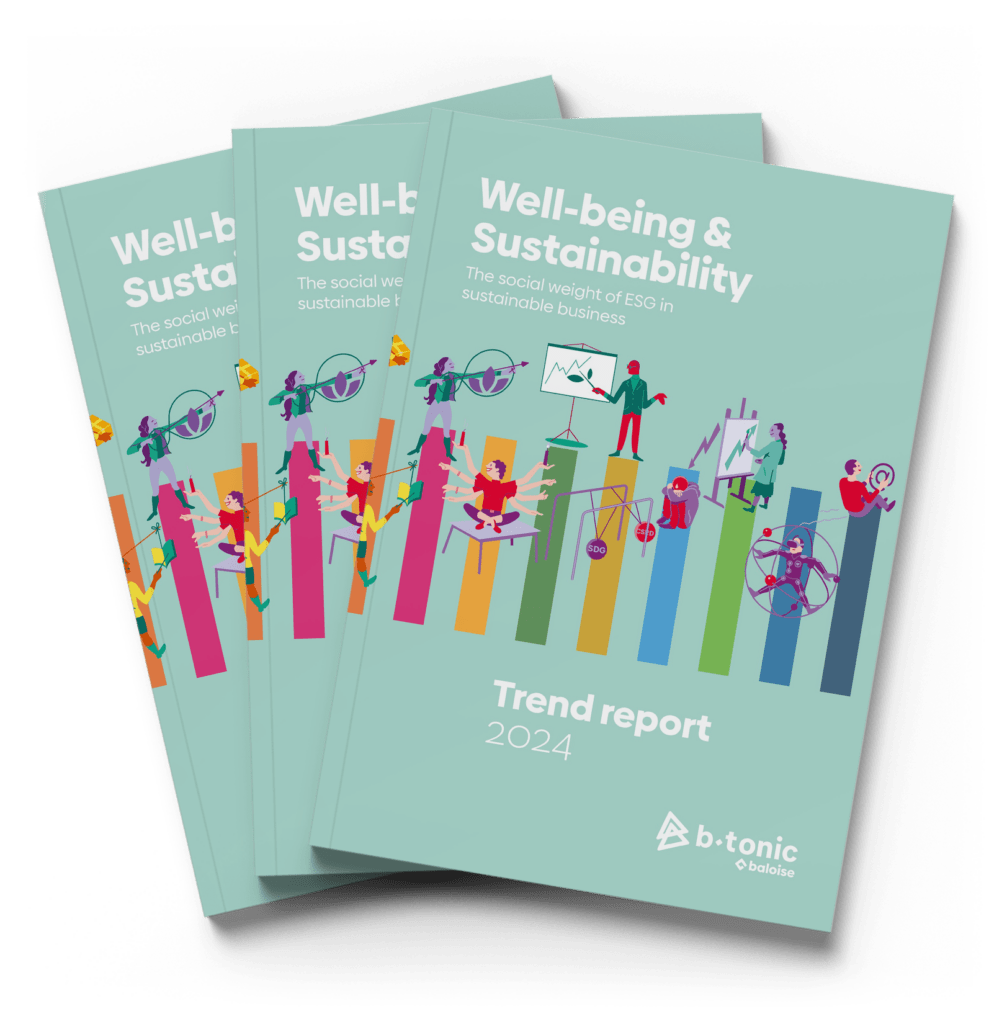In the context of the labour deal, from now on every company is obligated to offer training to each employee during minimum four days. In 2024 this will be minimum five days. Additionally, each company of at least 20 employees will need to submit an education plan every year. Below you’ll find an overview of the new legislation.

What applies to my company?
- Companies with less than 10 employees do not have to keep this legal obligation into account
- Do you work with minimum 10 and less than 20 employees? Then the individual education right of minimum 1 day a year is sufficient for a full-time employee who has been on the payroll for the full year.
- Does your company have more than 20 employees? Then a full-time employee has the right to minimum four education days a year starting from 1 January 2023 and to minimum five education days a year starting from 1 January 2024.
What do I need to know?
- The industry you belong to defines the right to education in a collective labour agreement. If the social partners do not do so, then you’ll need to define the right to education yourself through an individual education account.
- You’re obligated to keep your employees up to date regarding their education credit and how they can check this themselves. At least once a year you’ll need to inform your employees about the residual balance of the education credit.
- The balance of the unused education days will be transferred to the next year and each period of five years, starting on 1 January 2024 at the earliest, the employee needs to have followed at least five days of education a year on average. That obligation also applies to companies with minimum 10 and maximum 20 employees, of which each employee needs to have followed at least one day of education a year on average at the end of a period of five years.
- Education can be followed during or after the working hours. There is no right to overtime pay.
- If the employee is fired non-urgently, they have the right to take up the residual education days before the termination of the employment agreement. If the employee quits, this right expires.
- If there is a termination compensation, this residual education credit counts as an acquired benefit. You need to take this into account in the calculation of the termination compensation.

Education plan also required
For whom?
Does your company have at least 20 employees? Then you need to draw up a plan of education at least once a year – no later than 31 March – in the light of the labour deal. As an employer, you need to submit that plan to the workers’ council or the union delegation for advice or, in the absence of those, to the employees themselves.
What do I need to know?
- As an employer you’re free to determine the training courses.
- The labour deal does ask to pay attention to employees that may have special needs regarding education in terms of skills or compentences. Consider risk groups, 50+ employees and employees with a disability.
- Also provide training courses that can compensate the lack of candidates for bottleneck professions in your industry.
- The plan needs to comprise at least the formal and informal training courses mentioned in the light of the individual education right and needs to explain how it adds to this.
- Joint (sub)committees can determine with a collective labour agreement the minimum conditions that a plan of education has to comprise for the employers that fall within the scope.
B-Tonic helps
B-Tonic is your trusted advisor for a well-being policy tailored to the needs of your company, team or employee. We have an extensive and unique offer of programmes and help you look for the best trainign course that keeps your employee (or team) working with enthusiasm, motivation and productivity.





